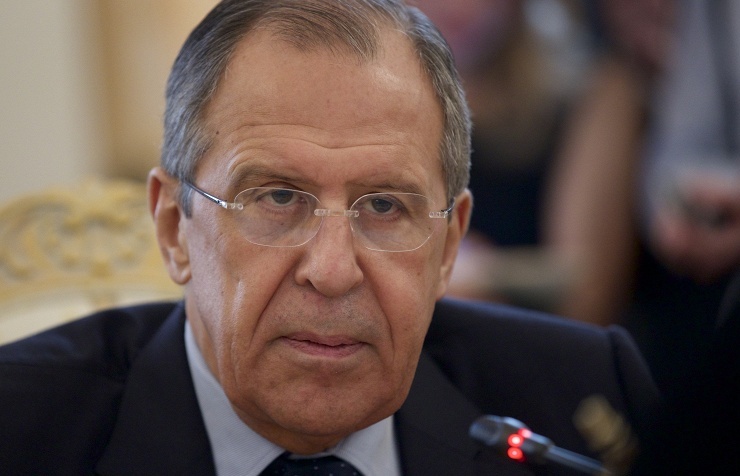-
Tips for becoming a good boxer - November 6, 2020
-
7 expert tips for making your hens night a memorable one - November 6, 2020
-
5 reasons to host your Christmas party on a cruise boat - November 6, 2020
-
What to do when you’re charged with a crime - November 6, 2020
-
Should you get one or multiple dogs? Here’s all you need to know - November 3, 2020
-
A Guide: How to Build Your Very Own Magic Mirror - February 14, 2019
-
Our Top Inspirational Baseball Stars - November 24, 2018
-
Five Tech Tools That Will Help You Turn Your Blog into a Business - November 24, 2018
-
How to Indulge on Vacation without Expanding Your Waist - November 9, 2018
-
5 Strategies for Businesses to Appeal to Today’s Increasingly Mobile-Crazed Customers - November 9, 2018
China, Russia Want Resumption of 6-way Negotiations
China and Russian Federation on Friday, April 29 rapped United States plans to put a missile defense system on the Korean peninsula, less than 24 hours after Pyongyang twice tested projectiles thought to be capable of reaching American territory.
Advertisement
“Countries shouldn’t be using Pyongyang’s acts as pretext to increase their military presence on the Korean Peninsula”.
The nuclear test and missile launches are in violation of United Nations resolutions against North Korea backed by Russian Federation and China. “If it is deployed it will directly impact China’s and Russia’s respective strategic security”, Wang said.
South Korean defense ministry’s Director General Major General Jang Kyung-soo shakes hands with US Forces Korea (USFK)’s Major General Robert Hedelund (L) during their working-level talk to discuss the potential deployment of a Terminal High Altitude Area Defense (THAAD) missile defense battery at the Defense Ministry in Seoul, South Korea, March 4, 2016.
That could “add fuel to the fire of an already tense situation and even possibly wreck the regional strategic balance”, Wang said. He added that Beijing and Moscow want the six-nation talks to reopen promptly.
South Korean military officials say the North is desperate to register a successful launch ahead of next week’s ruling party congress, at which leader Kim Jong-Un is expected to take credit for pushing the country’s nuclear programme to new heights.
“Relevant countries should respect the legitimate concerns of China and Russia”, Wang said.
“International society, particularly countries from outside the South China Sea, should play a constructive function in maintaining peace and stability and not contribute to the situation becoming more chaotic”, Wang said. He added that the US must consider what he called the “reasonable concerns” of related countries.
While the USA says it takes no position on South China Sea sovereignty claims, it has worked to shore up the military capabilities of the Philippines, a treaty ally.
QuickTake map shows overlapping territorial claims of Brunei, China, Malaysia, Taiwan, the Philippines and Vietnam.
Wang and Lavrov both hailed two decades of warming ties between Moscow and Beijing, bitter Cold War rivals for a quarter century, who under Russian President Vladimir Putin have found common cause in challenging the West.
Advertisement
“We paid special attention, including in the course of yesterday’s meeting with President of the People’s Republic of China Xi Jinping, the preparation of the next summit, and President Putin’s visit to China in June of this year”, Sputnik cited Lavrov as saying.





























